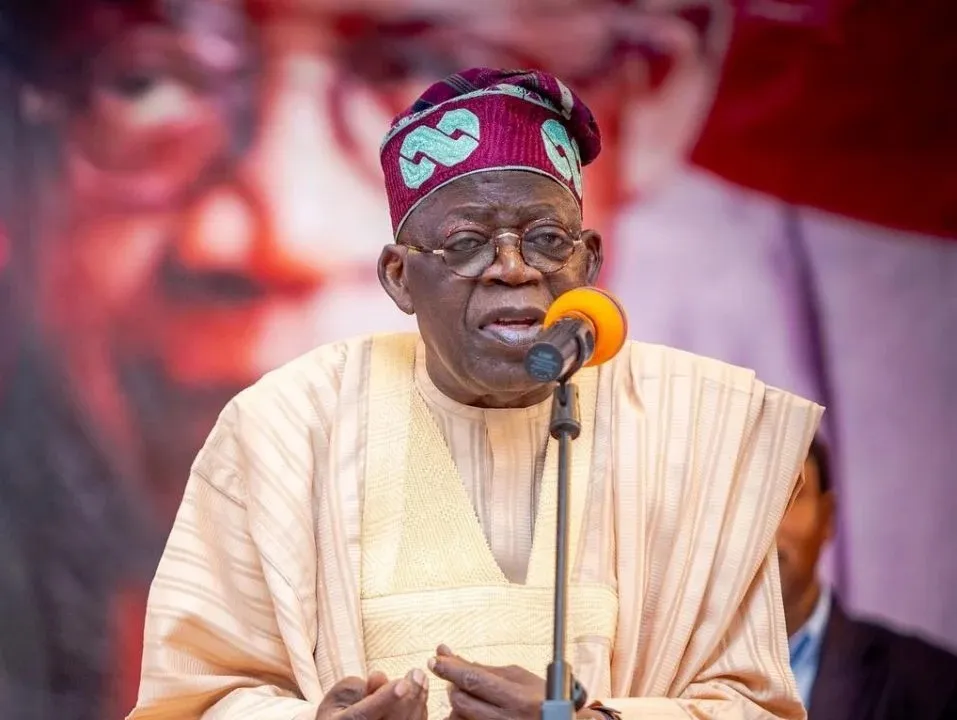
Mixed Feelings as Power Shifts to Tinubu
Today, May 29 marks a significant day in Nigeria’s political landscape as power is set to shift to Bola Ahmed Tinubu, the 16th President of the Federal Republic of Nigeria. However, this transition has sparked mixed feelings among the Nigerian populace.
Tinubu emerged as the winner of the keenly contested February 25 election, defeating his opponents from the Peoples Democratic Party (PDP) and the Labour Party. Despite the rejection of the poll’s outcome by the opposition parties, President Muhammadu Buhari handed over the transition report to Tinubu, indicating the beginning of a new political era.
The opposition parties, particularly the PDP and the Labour Party, have taken their grievances to court, alleging that their mandates were stolen by the ruling party. Multiple lawsuits have been filed to halt the inauguration, questioning the eligibility of Tinubu and his vice president-elect, Kashim Shettima, to contest in the election. However, these attempts have not yielded positive results for the aggrieved politicians.
As delegates and power brokers from around the world gather in Abuja for the inauguration, Nigerians have expressed contrasting sentiments. Some are eagerly preparing to celebrate the incoming government, while others who believe that Tinubu was imposed on the nation by the ruling party and the Independent National Electoral Commission (INEC) are disappointed and disheartened.
Just like many Nigerians, Pastor David Oyijeche of the Redeemed Christian Church of God expressed his dissatisfaction, stating that Tinubu is not the choice of the majority of Nigerians. He cited alleged irregularities and evidence of election rigging as indicators that the election was a sham and believes that those who voted against Tinubu may oppose his administration, underscoring the importance of garnering majority support for successful governance.
In contrast, others hold a different view like Ayodele Johnson asserting that Tinubu’s emergence as the next president is the choice of the people. He claimed that Christians fervently prayed for the election and fasted, seeking the will of God to be done. According to Johnson, if a winner has emerged after much prayer, it is an indication that God desired that person to win. He urged Nigerians to accept God’s will, even if it does not align with their personal desires.
The election also saw protests from Nigerian youths who supported the Labour Party presidential candidate, Peter Obi, and believed that the electoral body manipulated the results in favor of the ruling party. Calls for an interim government were met with criticism but stirred discussions in the political sphere.
Ambassador Aguredam Moses, the Deputy Country Director of the African Youth Union Commission, acknowledged the likelihood of electoral manipulation by various political parties. However, he expressed optimism about Tinubu’s potential, citing his track record and recent interactions with influential businesspeople. Moses believes that Tinubu will exceed expectations and perform better than his predecessors.
As Nigeria transitions to a new administration, it is crucial to acknowledge and address the concerns and grievances of those who question the legitimacy of the election. Building a government that enjoys the support of the majority will be essential for effective governance and national unity. It is also crucial to ensure transparent and fair electoral processes to strengthen democracy and restore public trust in Nigeria’s political system.







